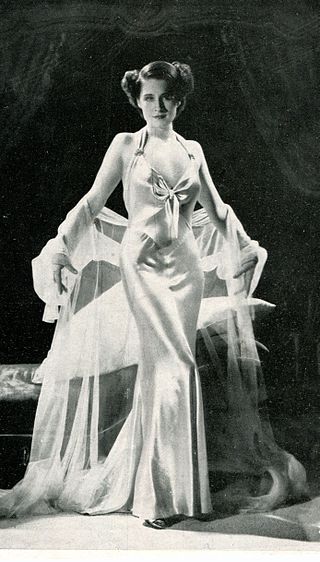
Edith Norma Shearer was a Canadian-American actress who was active on film from 1919 through 1942. Shearer often played spunky, sexually liberated women. She appeared in adaptations of Noël Coward, Eugene O'Neill, and William Shakespeare, and was the first five-time Academy Award acting nominee, winning Best Actress for The Divorcee (1930).
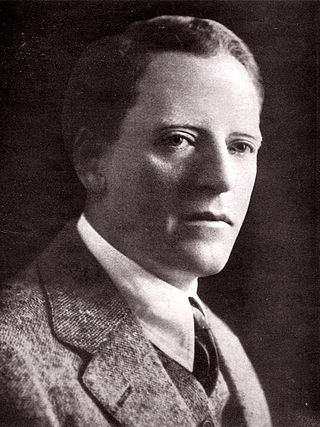
James Cornelius Kirkwood Sr. was an American actor and director.

A Slave of Fashion is a 1925 American silent romantic comedy film directed by Hobart Henley. The film stars Norma Shearer and Lew Cody, with William Haines. A young Joan Crawford had an early uncredited role as a mannequin.

The Women is a 1939 American comedy-drama film directed by George Cukor. The film is based on Clare Boothe Luce's 1936 play of the same name, and was adapted for the screen by Anita Loos and Jane Murfin, who had to make the film acceptable for the Production Code for it to be released.
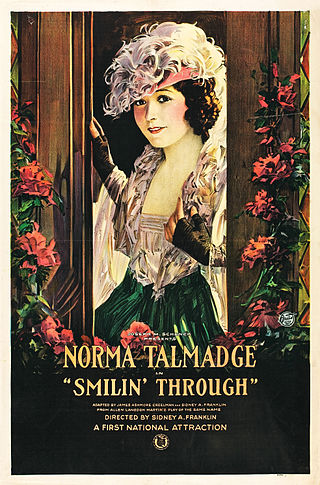
Smilin' Through is a 1922 American silent drama film based on the 1919 play of the same name, written by Jane Cowl and Jane Murfin. The film starred Norma Talmadge, Harrison Ford, and Wyndham Standing. It was co-written and directed by Sidney Franklin, who also directed the more famous 1932 remake at MGM. The film was produced by Talmadge and her husband Joseph M. Schenck for her company, the Norma Talmadge Film Corporation. It was released by First National Pictures. Popular character actor Gene Lockhart made his screen debut in this film.

Shadow of the Law is a 1926 American silent crime drama film starring Clara Bow as a woman sent to prison for a crime she did not commit. Directed by Wallace Worsley, the screenplay was written by Leah Baird and Grover Jones and was based on the novel Two Gates by Harry Chapman Ford.

Social Briars is a 1918 American silent comedy-drama film directed by Henry King and starring Mary Miles Minter. The story was by Jeanne Judson, and it was filmed under the working title of "The Greater Call." As with many of Minter's features, it is thought to be a lost film.

Waking Up the Town is a 1925 American silent comedy film directed by James Cruze and written by Frank Condon and James Cruze. The film stars Jack Pickford, Claire McDowell, Alec B. Francis, Norma Shearer, and Herbert Prior. The film was released on April 14, 1925, by United Artists.

Tillie is a 1922 American silent drama film directed by Frank Urson and starring Mary Miles Minter. The scenario was written by Alice Eyton, based on the novel Tillie, the Mennonite Maid by Helen Reimensnyder Martin. Tillie reunited Minter with Allan Forrest, her most frequent leading man from her time at Mutual Film and the American Film Company, for the first time since their 1919 picture Yvonne from Paris. As with many of Minter's features, Tillie is thought to be a lost film.
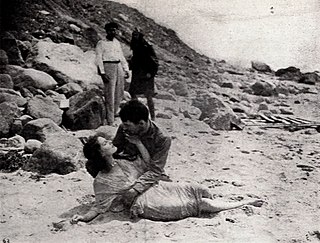
The Bootleggers is a 1922 American silent drama film directed by Roy Sheldon and starring Walter Miller, Paul Panzer, and Jules Cowles. It is likely a lost film.
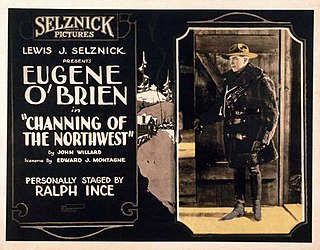
Channing of the Northwest is a 1922 American silent drama film directed by Ralph Ince and starring Eugene O'Brien, Gladden James and Norma Shearer.
The Man Who Paid is a 1922 American silent drama film directed by Oscar Apfel and starring Wilfred Lytell, Norma Shearer, and Florence Rogan.
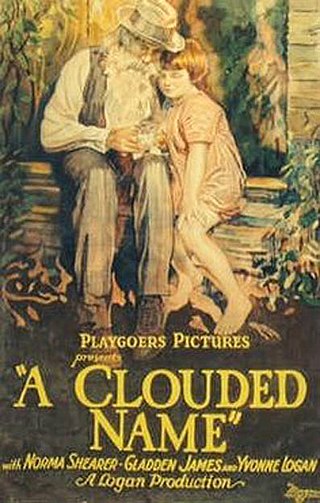
A Clouded Name is a 1923 American silent drama film directed by Austin O. Huhn and starring Norma Shearer, Gladden James and Yvonne Logan.

Blue Water is a lost 1924 Canadian silent film directed by David Hartford and starring Pierre Gendron, Jane Thomas, and Norma Shearer. It is the last feature produced by Ernest Shipman, and is the Montreal-born, future MGM star Shearer's only Canadian film. It had a commercial release in Saint John, New Brunswick, where it was shot, but no print is known to exist. The film failed to succeed commercially, marking Shipman's decline in success until his death in 1931. Without being distributed, the film was stored in a New York vault.

Pleasure Mad is a 1923 American silent drama film directed by Reginald Barker and starring Huntley Gordon, Mary Alden, and Norma Shearer. The film was written by A.P. Younger based upon the novel The Valley of Content by Blanche Upright.

Broadway After Dark is a 1924 American silent comedy film directed by Monta Bell and starring Adolphe Menjou, Norma Shearer, and Anna Q. Nilsson.
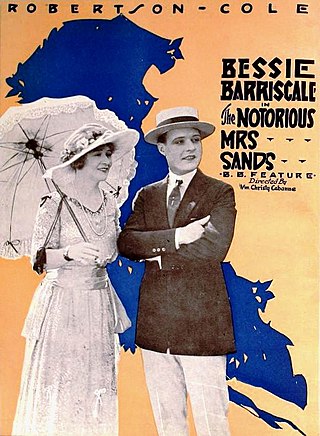
The Notorious Mrs. Sands is a 1920 American silent drama film directed by Christy Cabanne and produced by and starring Bessie Barriscale.

Alma Lenore Francis was an American dancer, singer, and stage actress. She had an international career as a theatrical actress and operatic soprano in numerous stage productions, as well as a short-lived career in Hollywood, appearing in three feature films during the silent era.
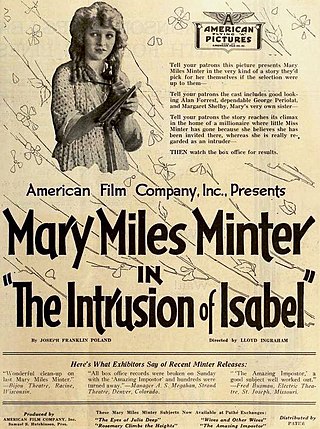
The Intrusion of Isabel is a 1919 American silent comedy film directed by Lloyd Ingraham and starring Mary Miles Minter, J. Parks Jones, Allan Forrest, and Lucretia Harris. As with many of Minter's features, it is thought to be a lost film.

White Fang is a 1925 American silent Western film directed by Laurence Trimble and featuring Theodore von Eltz, Ruth Dwyer, and Matthew Betz. It was produced by FBO Pictures as a starring vehicle for Strongheart, a German Shepherd who appeared in a number of films during the decade. It is based on the 1906 novel White Fang by Jack London.




















